August 21-22, 1944 – The Warsaw Uprising, Part 5
 Continuing our series of blog posts about the Warsaw Uprising, drawing from our award-winning book The Color of Courage, by Julian Kulski:
Continuing our series of blog posts about the Warsaw Uprising, drawing from our award-winning book The Color of Courage, by Julian Kulski:
CHAPTER 6
AGE 15: 1944 — THE WARSAW UPRISING
pp. 304–307:
Monday, August 21 — General ‘Grzegorz’ and Colonel ‘Heller’ have reached Żoliborz after a tortuous trip through the fast-flowing sewers. They are here to organize a full-scale attack [to reinforce Home Army units in the Old City]. This time it is to be coordinated with a joint attack from the other side of the railway line. Our company’s mission is to attack the Warsaw–Gdańsk Station itself, thus diverting the attention of the enemy from other sections of the line—and permitting the Partisans to reach the Old City. Almost the entire force of Żoliborz, under the personal command of Colonel ‘Zywiciel,’ is assembled along the full length of the line from the Old Citadel to the Chemical Institute and the artillery positions in the suburb of Buraków.
The night is unseasonably cold and the ground upon which we are lying is very damp. Our thin, worn-out summer clothes, now in rags, give us little protection. Our boots are covered with rags to muffle the sound of our feet on the pavement during the initial attack.

The field is regularly lit up by huge blinding flares, and the quiet is interrupted by long salvos of machine-gun fire, which cut down the grass and the potato plants around us. After the previous night’s attack, the German and Ukrainian troops are jittery and trigger-happy. They are ready for us.
Tuesday, August 22 — At 2:00 a.m. the order came. We started across the street and through the previously cut openings in the lines of gnarled barbed wire, but before all our detachments could cross the street, the wide expanse of sky was lit by hundreds of marker flares. The red stars hung for a long time, casting an eerie light on the troops pinned down in the shadows of the houses.
Hundreds of shells from automatic weapons now began to rain down on Zajączek Street, while tracer bullets created a barrier of fire above the prostrate army. They spattered against the walls of the apartment houses, throwing chunks of white stucco on the black pavement, while artillery shells gouged out craters, churning up the macadam, concrete, earth, and plants.

As soon as the machine guns of our company started up, the enemy firepower began to center on them, silencing them one by one. Our platoon advanced up to the viaduct. One boy reached a high point and threw a grenade down into a heavy machine-gun nest, silencing it forever. Then, caught in the cross fire from other machine-gun nests, he rolled back down the embankment to his starting point.
The cries of the wounded could be heard above the machine guns’ rattling and the explosions, and the combat nurses crossed the road in a vain attempt to bring help. Those who could, started withdrawing as the order was passed along the field. The short battle was lost.

When the enemy stopped firing, and the artillery shells from the Citadel stopped thumping, only white flares remained and bathed the field with ghostly light, illuminating the three hundred dead and wounded that were left behind.

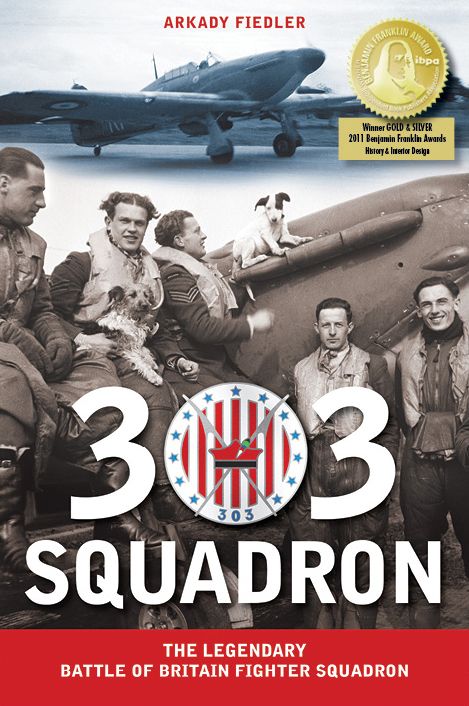
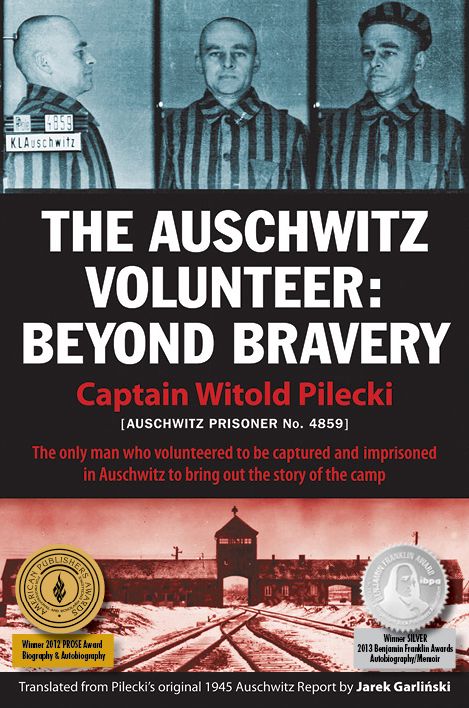
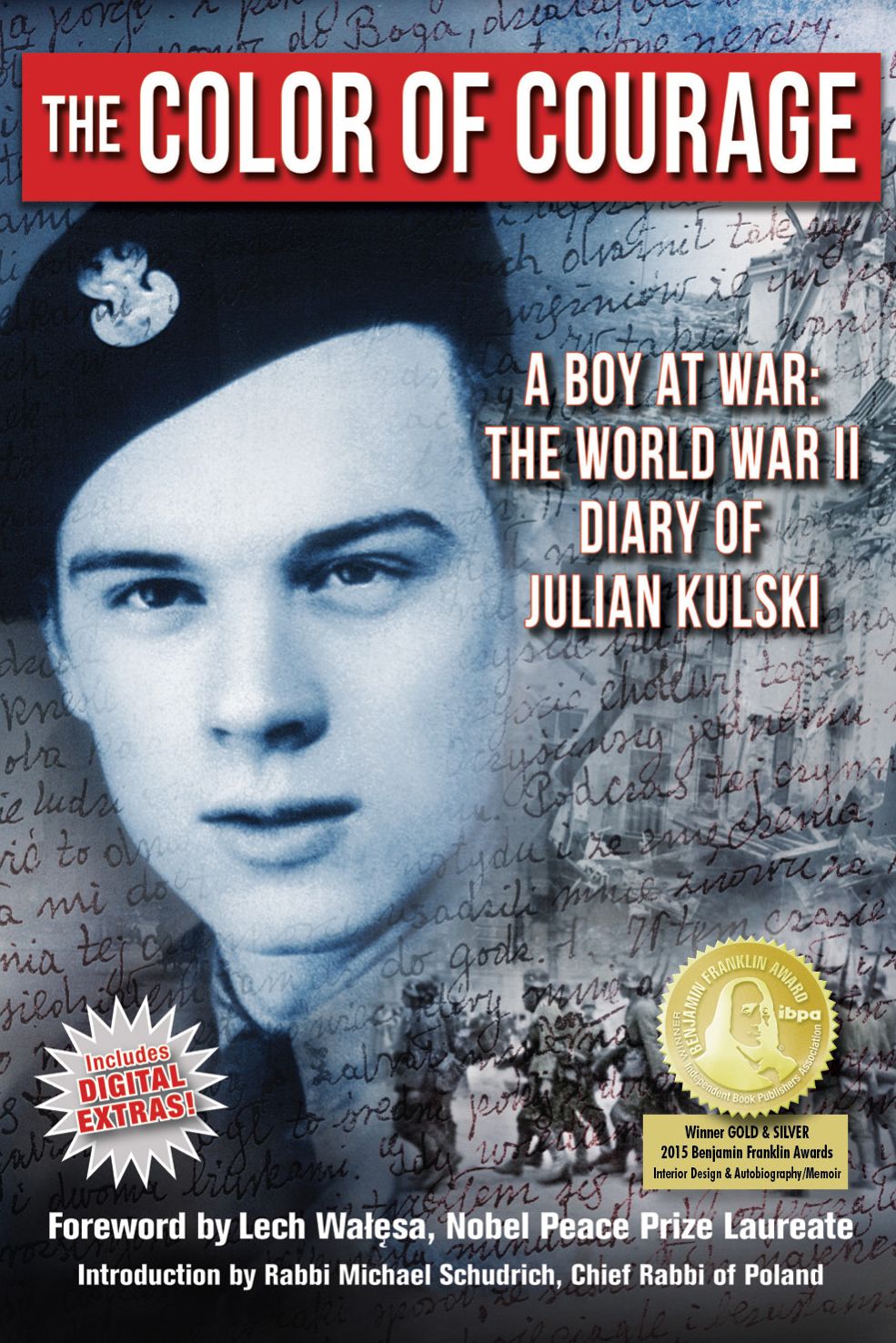

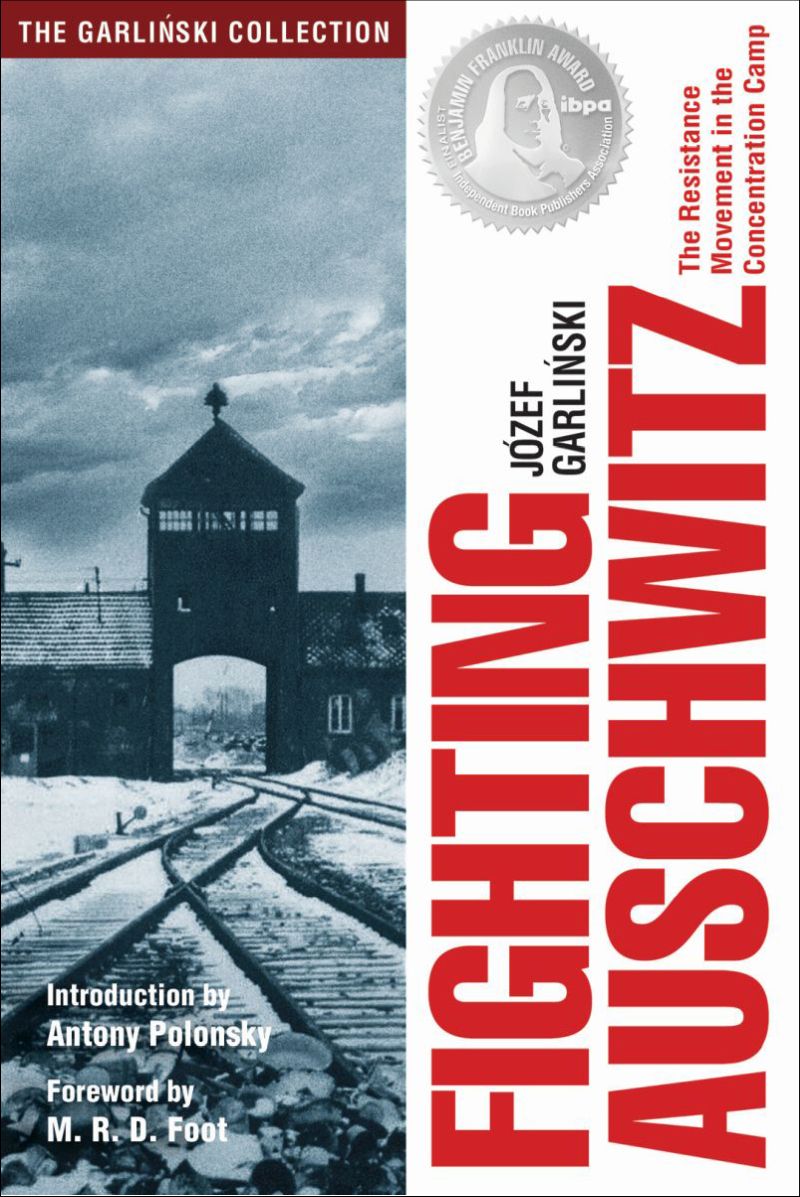
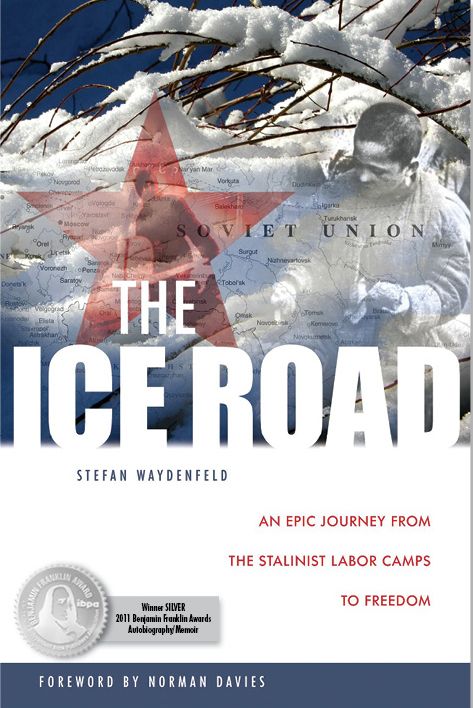
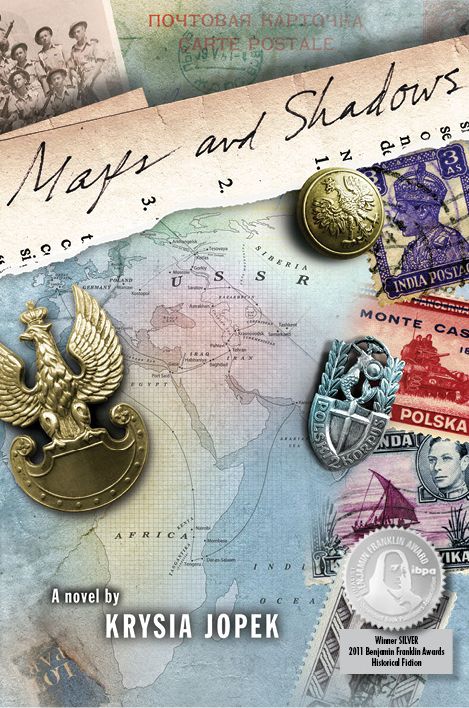
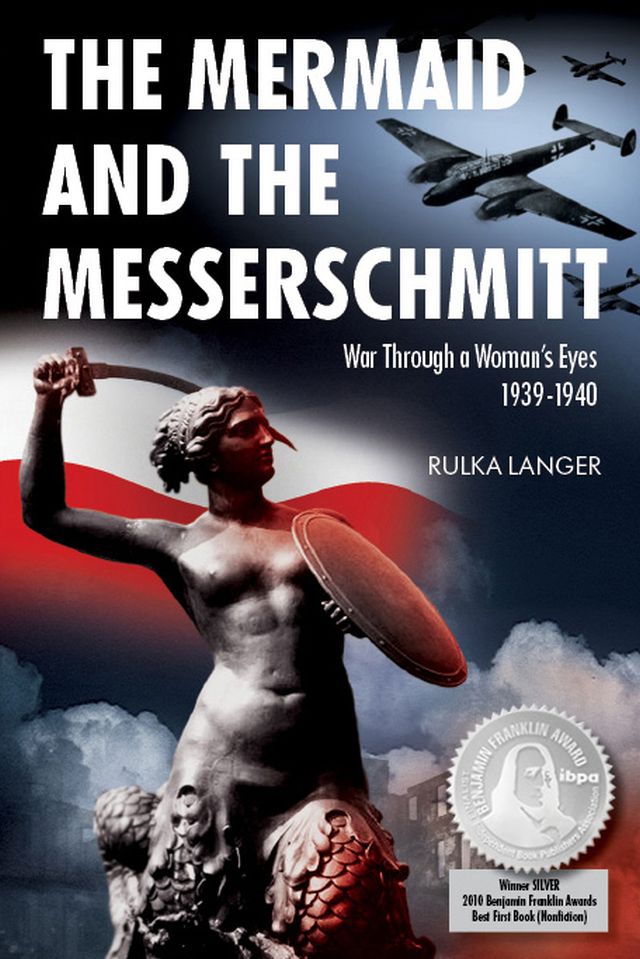

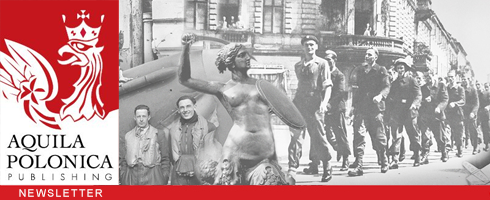
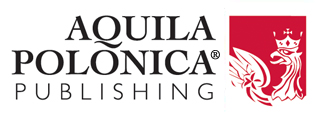
No comment yet, add your voice below!